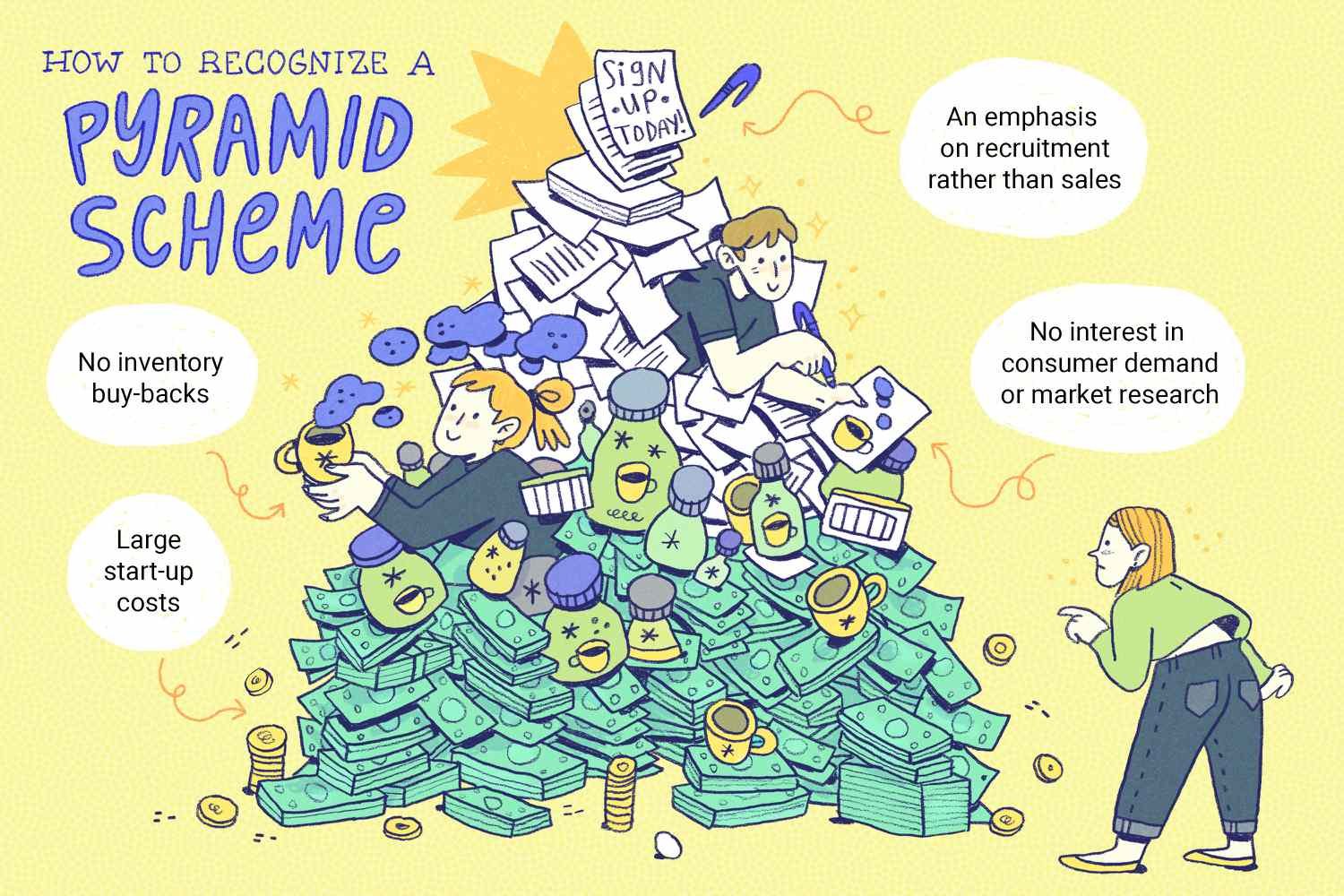Digital MLM: Transforming Network Marketing in the Online Era
Digitized multilevel marketing (MLM) refers to the application of digital technologies and online platforms to the traditional multilevel marketing business model.
In a traditional MLM setup, companies rely on a network of independent distributors or salespeople who sell products directly to consumers and recruit new members to expand their sales force. These distributors earn commissions not only from their own sales but also from the sales made by their recruits, creating a hierarchical, multi-tiered structure of income.
With digitization, MLM companies leverage digital tools and platforms to enhance their business operations and reach. Here are some ways digitized MLM is implemented:
1. Online Sales Platforms:
MLM companies use websites, e-commerce platforms, and mobile apps to sell products directly to consumers. This allows distributors to reach a broader audience beyond their immediate physical network.
2. Social Media Marketing:
Distributors use social media platforms like Facebook, Instagram, TikTok, and LinkedIn to promote products, engage with potential customers, and recruit new distributors. Social media provides a powerful tool for building personal brands and expanding networks.
3. Automated Marketing Tools:
Email marketing, chatbots, and other automation tools help distributors manage customer relationships, send personalized communications, and follow up with leads more efficiently.
4. Virtual Training and Webinars:
MLM companies use webinars, online courses, and virtual events to train their distributors on product knowledge, sales techniques, and recruitment strategies. This makes it easier for distributors to access training resources from anywhere.
5. CRM and Analytics:
Customer relationship management (CRM) systems and data analytics help MLM companies and their distributors track customer interactions, manage leads, and analyze sales data to optimize marketing strategies and improve sales performance.
6. Mobile Apps:
Many MLM companies develop mobile apps that provide distributors with tools for managing their business on the go, such as placing orders, tracking sales, monitoring downline performance, and accessing training resources.
7. Influencer and Affiliate Partnerships:
Some MLM companies partner with influencers or use affiliate marketing strategies to promote their products and recruit new distributors, leveraging the influencer's existing audience and credibility.
Advantages of Digitized MLM:
Broader Reach: Digital tools allow MLM businesses to reach a global audience, increasing the potential market size.
Efficiency: Automation and online tools can streamline operations, reducing the time and effort required for marketing, sales, and recruitment.
Scalability: Digital platforms enable rapid scaling without the need for significant additional physical infrastructure.
Data-Driven Insights: Analytics can provide valuable insights into consumer behavior, helping businesses make more informed decisions.
Challenges of Digitized MLM:
Saturation: With easier access to digital tools, the market can become saturated, making it harder for individual distributors to stand out.
Regulatory Scrutiny: As with traditional MLMs, digitized MLMs must navigate regulatory challenges, including accusations of operating as pyramid schemes.
Trust Issues: Consumers may be wary of MLM businesses due to negative perceptions and past experiences with unethical practices.
Overall, digitized multilevel marketing represents an evolution of the traditional MLM model, leveraging technology to enhance its effectiveness and reach in the digital age.

